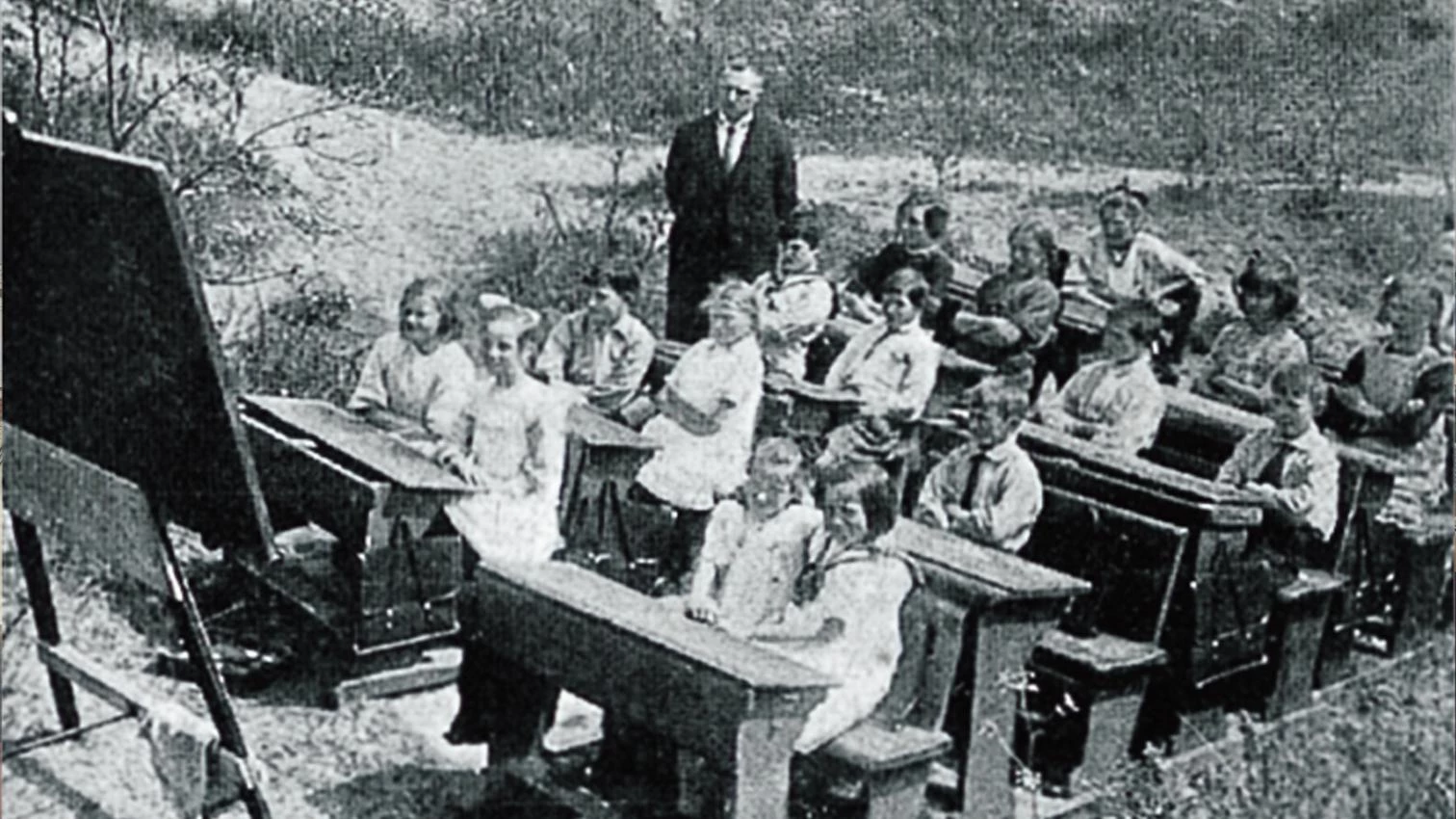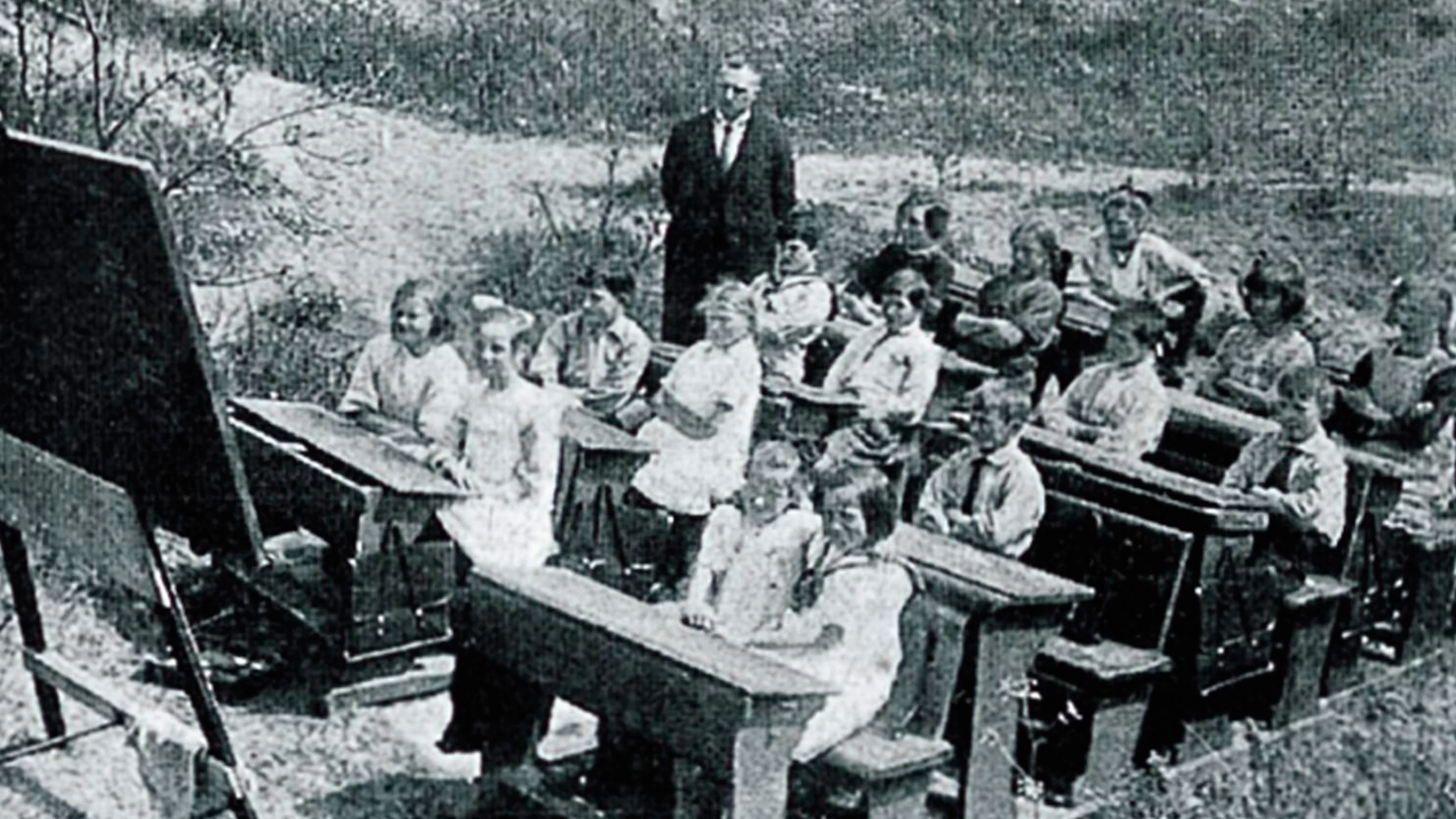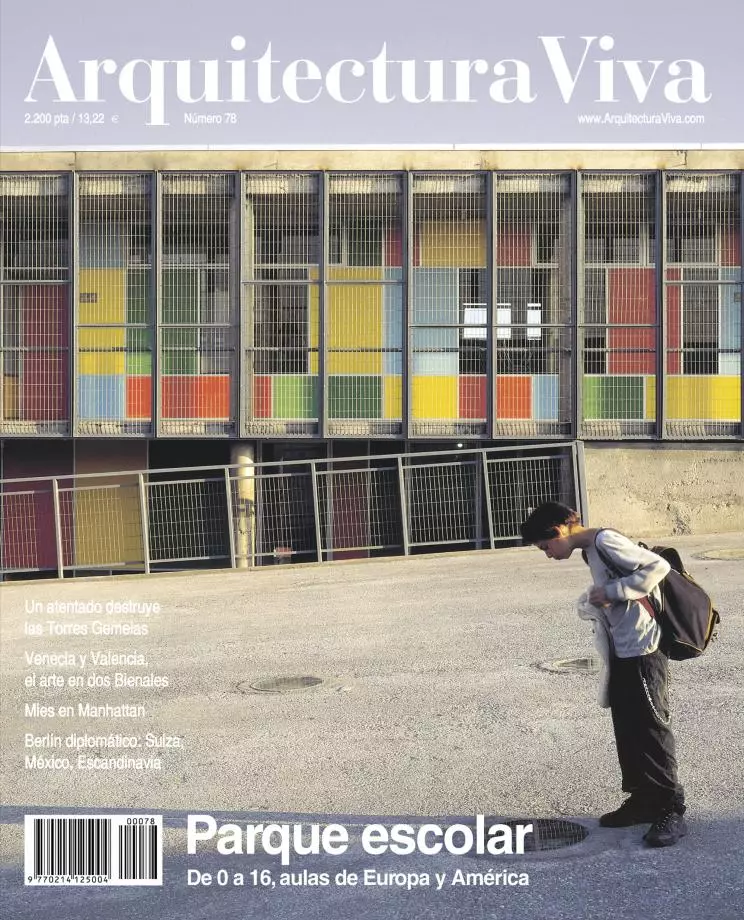
School is domestic. An extension of the home, it is also the scenario for the humanist domestication of young humans. Neither academy nor lyceum, neither stoa nor garden, the school park provides spaces for the taming of a species always on the verge of savagery, places to tame untamable creatures, arenas of docility for spirits on the run. The human species is an urban species, and the demanding choreography of coexistence calls for that which educators tag as socialization: the internalization of the disciplines and rituals of a social group. Peter Sloterdijk has explained well to which extent literacy is a project of community cohesion based on the model of the literary society, that turned modern nations into fictional assemblies of reading audiences; and he has eloquently argumented how, if humanism is a school for domestication, its ruin today makes it necessary to lay the foundations of human cohabitation on non-literary principles.
Until recently, schools were perceived through the antiauthoritarian lens of Michel Foucault and Doctor Spock. On one hand, they belonged to the family of panopticals, those spaces of surveillance and punishment which constitute the dark side of the Enlightenment, and which French poststructuralists presented as examples of learned totalitarianism the cracks of which had already been revealed by the school of Frankfurt; on the other hand, they were inscribed within the register of normative institutions whose collective discipline was judged repressive by American liberal individualism – tolerated only for the sake of the need for regimentation in times of crisis or scarcity, but judged incompatible with the autonomous pursuit of happiness or pleasure. Between the fading of the Enlightenment and the glow of freedom, schools appeared as living fossiles, organisms of hardened arteries that architects and teachers tried to keep afloat by means of spatial and disciplinary surgery.
With the antiauthoritarian rebellion extinguished in its narcissistic simmer, and the schools defeated by TV in the leading role of children’s domestication, classrooms today are consumed by a tameless fire that has made of the paideia a survival exercise. The soliloquy of the elderly teacher in the film of Bertrand Tavernier Ça commence aujourd’hui is a declaration of love and of horror, a lucid diagnosis of the breakdown of contemporary schools and a dark forecast for their future in a human park that has gone wild with the fracture of the disciplined cohesion of communities and families. In a park with rules, schools can carry out their civilizing task against the spontaneous barbarism of the species, and its domesticating role against the indomitable violence of the human race. But in the absence of norms, schools are wrecked in their alphabetic utopia, and their architecture dilutes itself in the formless space of the urban jungle.






